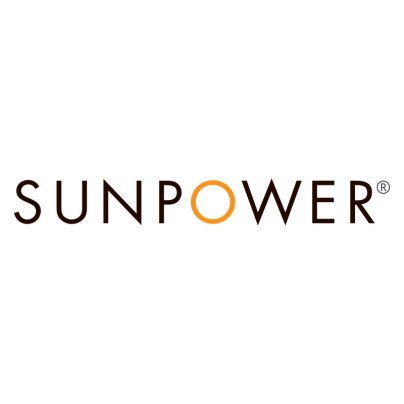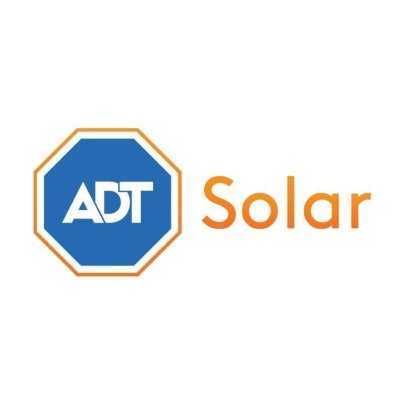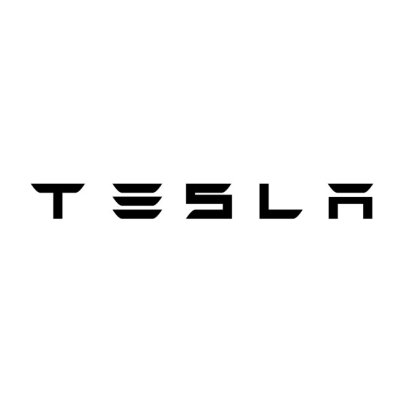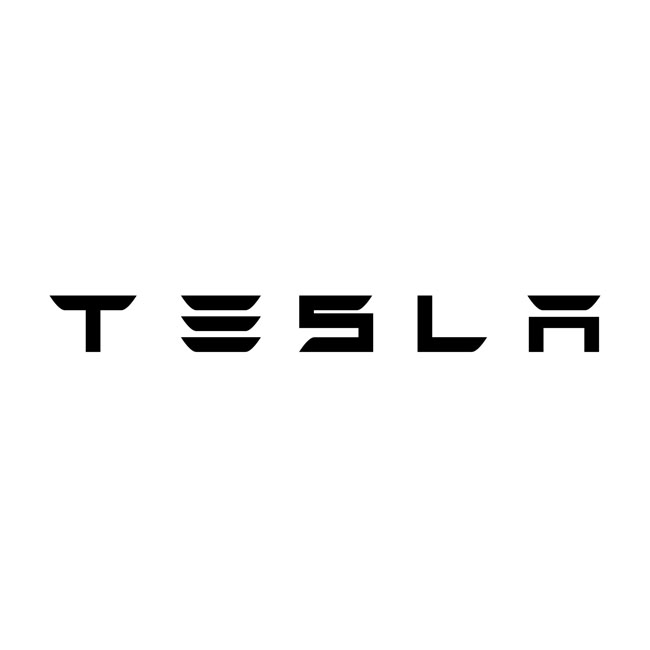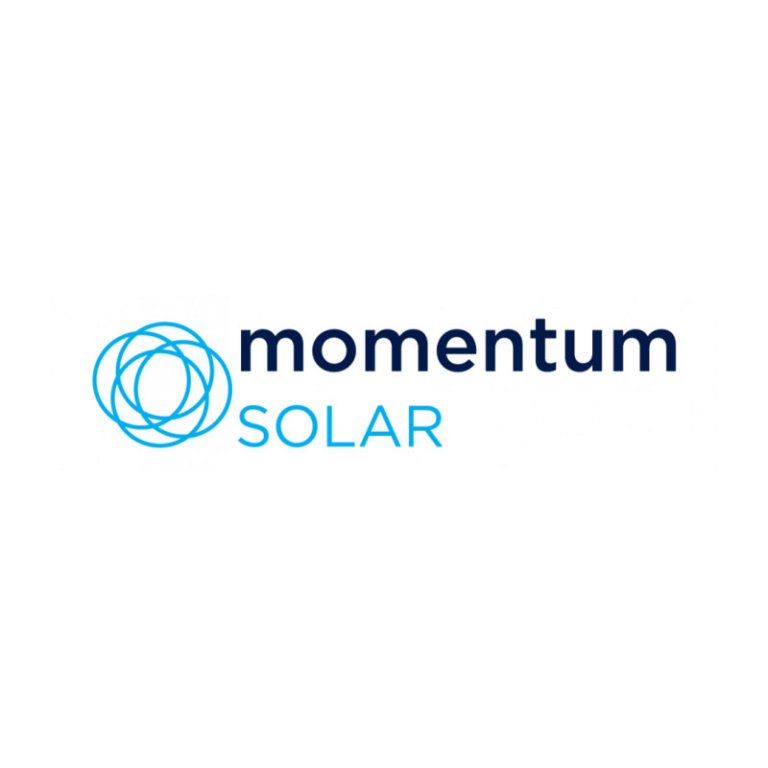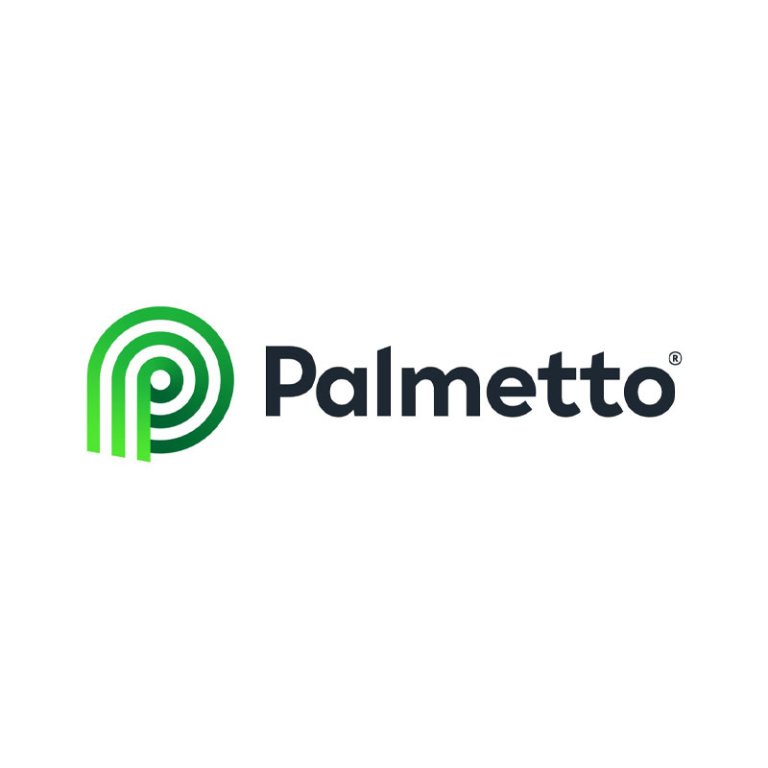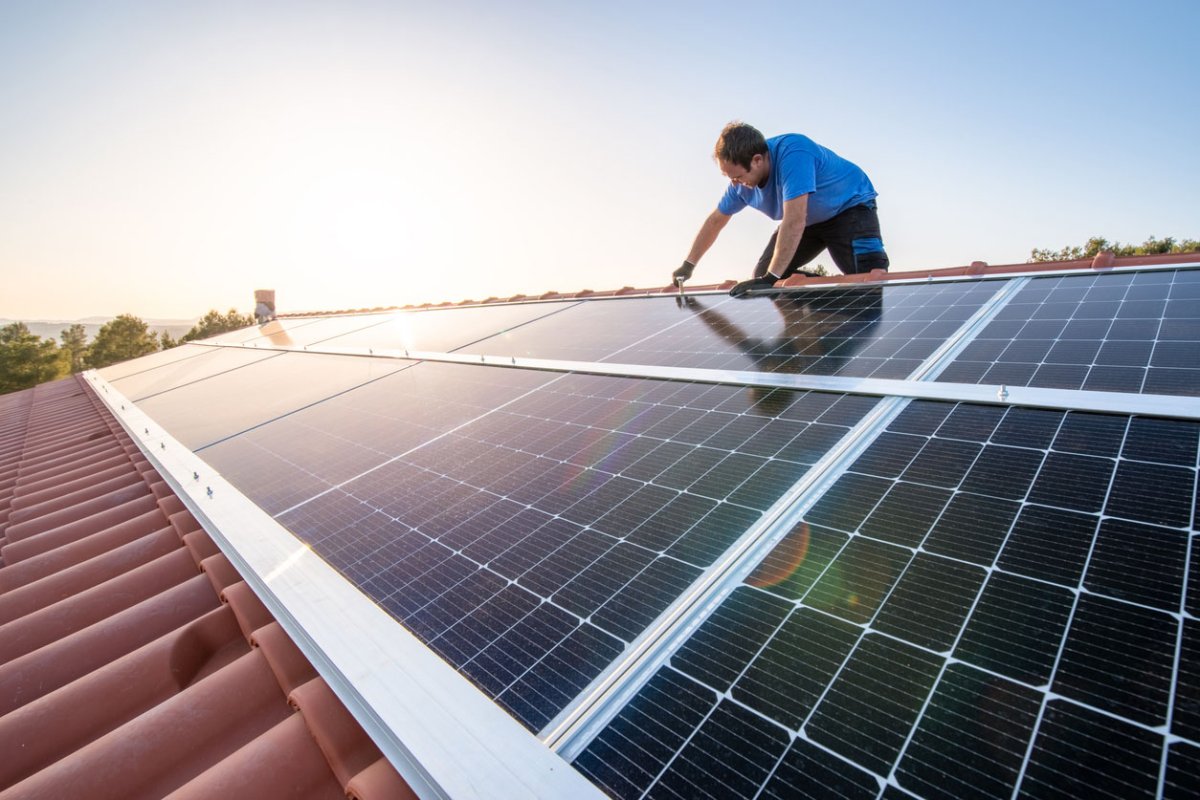
We may earn revenue from the products available on this page and participate in affiliate programs. Learn More ›
Although solar panels are still on the pricey side, they’re beginning to come down in cost, and their quality is increasing. One of the advantages of solar energy is a reduced carbon footprint, but installing solar panels is a job for a specialist—an average building contractor typically isn’t well versed in installing or repairing solar panels.
Homeowners often have a general idea of what they’d like to accomplish by installing a solar energy system, as well as the main benefits of solar electricity, but not understanding the technical aspects behind going solar can keep them from realizing their dreams. That’s where the best solar companies come in. They can give homeowners accurate estimates of the installation cost, explain how much power the new panels will generate, and even detail how much a solar array is likely to reduce their utility bills. Homeowners will want to learn what to look for when shopping for residential solar companies and find out why the following solar companies earned a spot in this lineup.
- BEST OVERALL: SunPower
- BEST BANG FOR THE BUCK: Tesla
- BEST CUSTOMER SERVICE: Momentum Solar
- BEST REPAIR SERVICES: Palmetto
- ALSO CONSIDER: Freedom Forever
At-a-Glance Comparison
| Type of Panels | Service Area | Payment Options | Guarantee | Customer Support | |
| SunPower | Maxeon monocrystalline | 50 states and Washington, D.C. | Buy, finance, lease | 25-year complete system warranty | Phone |
| Tesla | Tesla monocrystalline | 50 states and Washington, D.C. | Buy, finance | 25-year performance guarantee, 10-year comprehensive warranty | Live chat, email |
| Momentum Solar | Monocrystalline (various manufacturers) | 12 states | Buy, finance, lease | 25-year equipment and labor warranty | Phone, email |
| Palmetto | Q-Cells or REC monocrystalline | 19 states and Washington, D.C. | Buy, finance | 25-year product warranty | Live chat, phone, email |
| Freedom Forever | Not listed | 34 states and Washington, D.C. | Buy, finance, lease | 25-year production guarantee | Phone, email |
Our Top Picks
We extensively researched dozens of solar companies that offer multistate solar installation services. The following companies were chosen for this roundup based on various aspects, including their service area, the type of solar panels they install, whether they offer financing, and client satisfaction.
Best Overall
SunPower
Pros
- High 22.8 percent efficiency rate
- Sustainable Cradle to Cradle–certified equipment
- Interactive online design studio feature
- Sleek solar panel design with built-in microinverters
Cons
- Customer service only available by phone
Specs
- Type of panels: Maxeon monocrystalline
- Service area: 50 states and Washington, D.C.
- Payment options: Buy, finance, lease
- Guarantee: 25-year complete system warranty
- Customer support: Phone
Why It Made the Cut: SunPower has the most efficient solar panels in the industry and installs solar panel systems in all 50 states and Washington, D.C.
SunPower leads the industry in solar panel efficiency—the company’s monocrystalline panels are rated at up to 22.8 percent efficiency, which is the highest in the market. High-efficiency panels can convert more sunlight into electricity than lower-efficiency panels, which means homeowners can get more energy output with fewer panels.
Homeowners will likely see a SunPower branch in their area when performing an online search for “solar companies near me,” since the company installs solar panels in all 50 states and Washington, D.C. SunPower offers in-person and virtual consultations, and customers can visualize their own solar array in less than a minute using the company’s interactive online design studio feature. This is a perk for homeowners—especially those who aren’t sure what a solar panel system will look like on their property. Customers can also use SunPower’s estimation service that calculates their likely energy savings. Customer service options are somewhat limited—customers can reach a representative by phone, but there are no digital options for those who prefer to go this route.
SunPower equipment is certified bronze by the Cradle to Cradle Products Innovation Institute, which indicates a high standard of sustainability. This can be an additional benefit for eco-conscious homeowners who want to decrease their environmental footprint as much as possible. Finally, SunPower’s panels have a sleek design with built-in microinverters, which increase efficiency—if one panel is shaded, the rest will still function and produce power for the home since each panel operates independently of the others.
SunPower is a 2024 recipient of BobVila.com’s Home Improvement Hero designation.
 Home Improvement Heroes recognizes the best companies homeowners could call for a problem, project, or service. Our editorial team used a rigorous process to evaluate based on availability, skills, range of services, cost, customer reviews, guarantees, refund policy, customer support, and more. We then independently reviewed each company and hired some for our projects for consideration. See the full list of honorees.
Home Improvement Heroes recognizes the best companies homeowners could call for a problem, project, or service. Our editorial team used a rigorous process to evaluate based on availability, skills, range of services, cost, customer reviews, guarantees, refund policy, customer support, and more. We then independently reviewed each company and hired some for our projects for consideration. See the full list of honorees.
Best Bang for the Buck
Tesla
Pros
- Traditional solar panels and sleek solar tiles available
- Generous price-match guarantee
- Instant online quotes available
Cons
- Solar leasing not available
- Financing not available in all states
Specs
- Type of panels: Tesla monocrystalline
- Service area: 50 states and Washington, D.C.
- Payment options: Buy, finance
- Guarantee: 25-year performance guarantee, 10-year comprehensive warranty
- Customer support: Live chat, email
Why It Made the Cut: Tesla manufactures, sells, and installs monocrystalline solar panels and glass solar shingles—and offers a price-match guarantee to help customers get the best deal.
Tesla might be primarily known for its electric vehicles, but the company also produces solar panels and solar shingles to help homeowners live more sustainably. These panels are also among the most affordable in the industry thanks to Tesla’s price-match guarantee. If a customer gets a lower quote from another company, Tesla will match that price. To take advantage of the guarantee, customers must be able to produce a recent quote for a system of comparable size with an inverter and a minimum 10-year warranty.
Customers can choose between purchasing their system outright or using Tesla financing, which is offered in 24 states. However, Tesla doesn’t offer solar leasing, so homeowners looking for this option will need to go elsewhere. Homeowners who choose Tesla can select traditional solar panels or opt for sleek solar shingles that replace their existing roofing materials. These shingles are made from glass solar tiles and architectural-grade steel shingles for durability as well as energy production.
Homeowners who are interested in Tesla for their solar roof can get an instant online quote from the Tesla website by entering their address and average energy bill cost. They will then receive an estimate for installation as well as estimated monthly savings if the customer installs solar panels or shingles.
Best Customer Service
Momentum Solar
Pros
- Streamlined “concierge” service offered
- Tier 1 solar panels available from various manufacturers
- All paperwork and permits handled on behalf of the customer
Cons
- Relatively small service area covering 12 states
- Somewhat limited information available online
- Battery storage not available for all customers
Specs
- Type of panels: Monocrystalline (various manufacturers)
- Service area: 12 states
- Payment options: Buy, finance, lease
- Guarantee: 25-year equipment and labor warranty
- Customer support: Phone, email
Why It Made the Cut: Momentum Solar offers white-glove service to customers, from concept to installation, taking the frustration out of the solar panel installation process.
Homeowners who choose Momentum for their solar panel installation will enjoy top-notch customer service through the company’s streamlined “concierge” service. This service means customers will work with one representative for the entire solar installation process, from drafting the design to installation and permit acquisition, which can improve the experience and minimize frustration. Representatives will even take care of signing up customers for tax rebates and other incentives so they can maximize the financial benefits of going solar.
Momentum Solar has a relatively limited service area of just 12 states, which means it won’t be an option for all homeowners, and of those 12 states only five have battery storage available. However, those who do reside in the service area can enjoy additional perks like buying, financing, and leasing options, as well as a 25-year warranty on equipment and installation.
Momentum’s website lacks certain information such as the types of panels, payment plans, and warranties available, so customers will need to call and speak to a representative to get answers to some of their questions. However, customers can choose between several tier 1 solar panel options from a variety of manufacturers, which isn’t an option with some other solar panel companies. These types of solar panels are noted for their durability, so customers can feel confident that their solar panel installation will continue running for years to come.
Best Repair Services
Palmetto
Pros
- Extensive panel maintenance services available
- Convenient customer support through live chat, phone, and email
Cons
- Performance guarantee only available as add-on purchase
Specs
- Type of panels: Q-Cells or REC monocrystalline
- Service area: 19 states and Washington, D.C.
- Payment options: Buy, finance
- Guarantee: 25-year product warranty
- Customer support: Live chat, phone, email
Why It Made the Cut: Palmetto offers solar panel repair and maintenance services through the Palmetto Protect plan, so customers can use the same company for all their solar panel needs.
In addition to solar panel installation, Palmetto offers extensive solar panel maintenance services to ensure the efficiency and functionality of customers’ solar arrays. These services are offered through the Palmetto Protect plan and include maintenance, repair, panel removal and reinstallation, and even pest abatement related to the customer’s solar panel installation. Going with Palmetto means customers can work with one company rather than several for all their solar needs.
Palmetto offers a 95 percent performance guarantee to customers, but the guarantee is only available as an add-on purchase and isn’t included with all solar panel installations. Some customers may find the additional cost worth it (Palmetto will credit customers if their panels go below a certain efficiency), while others may find this plan is not within their budget. Customers have several options to contact a Palmetto representative: live chat, phone, or email. This range of options gives customers the freedom to choose their preferred contact method when they have questions.
Also Consider
Freedom Forever
Pros
- Generous 25-year energy production guarantee
- Financing possible for customers with poor credit
Cons
- Limited solar panel information
Specs
- Type of panels: Not listed
- Service area: 34 states and Washington, D.C.
- Payment options: Buy, finance, lease
- Guarantee: 25-year production guarantee
- Customer support: Phone, email
Why It Made the Cut: Freedom Forever will reimburse customers with a check if their solar panels produce less energy than promised through its 25-year power production guarantee.
With a relatively large service area of 34 states and Washington, D.C., Freedom Forever is worth consideration for homeowners looking to install solar panels. The company has a generous 25-year energy production guarantee that will reimburse the customer if their solar energy system produces less energy than promised. This guarantee can help assure homeowners that they’re getting a high-quality system that will reliably produce energy for a quarter of a century.
Freedom Forever has limited information online about its solar panels, which can make it hard for potential customers to compare solar companies. However, the company offers numerous financing options through third-party companies and states that customers can get a solar loan approved even with a low credit score. This could be very appealing for those with less-than-ideal credit who are concerned about how they will pay for a solar energy system on their property.
Our Verdict
While any of the solar companies that earned a spot on this lineup are good choices for installing solar panels, our top pick, SunPower, ticks all the boxes with its nationwide service area, financing options, and 25-year complete warranty. Homeowners looking for the best deal on solar panels will want to consider Tesla, which offers a generous price-match guarantee if customers can provide a comparable quote for less.
How We Chose the Best Solar Companies
We looked at dozens of solar companies to find the top picks. We considered various factors, including a company’s coverage area, customer satisfaction, and whether it offered a comprehensive warranty. The best solar power companies that made this list all offer monocrystalline panels, which are the most efficient on the market, meaning customers will receive a better return on investment. We also looked for companies with flexible financing options to make this investment more digestible.
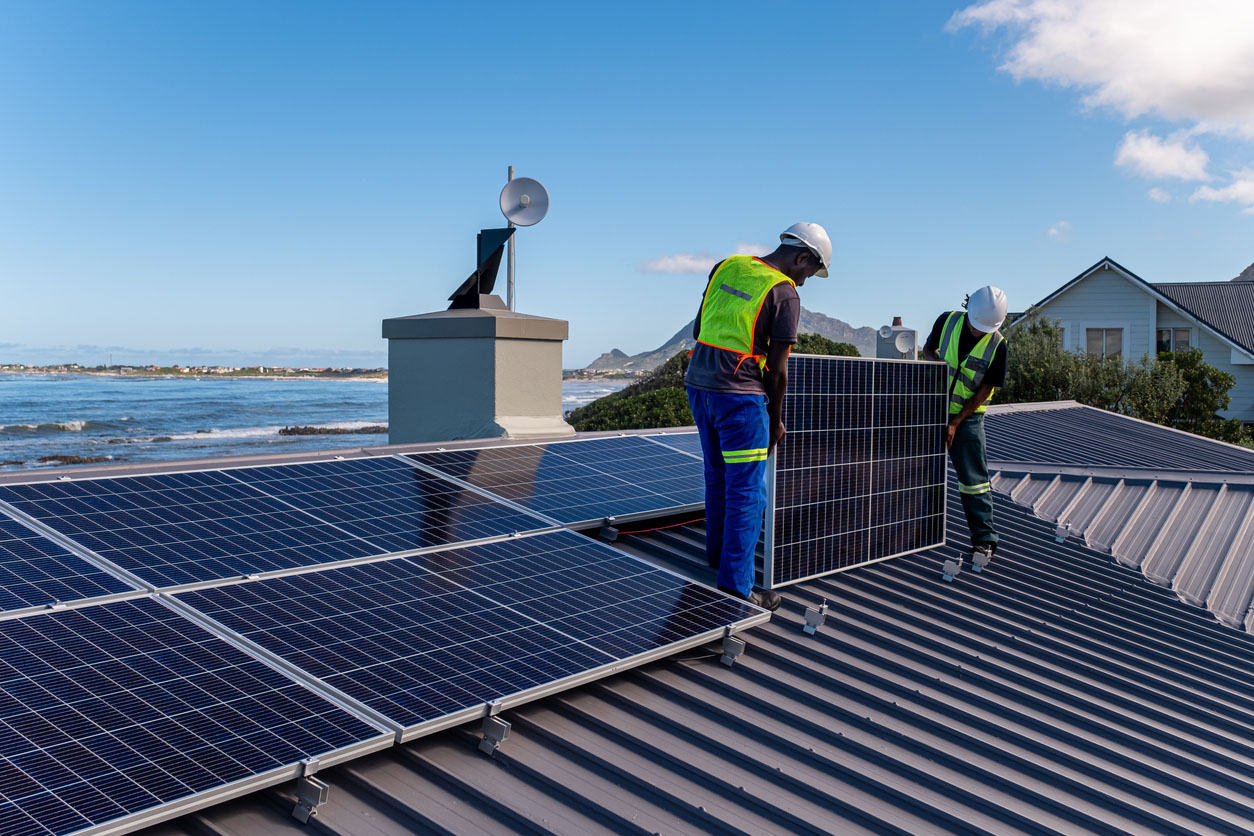
What to Consider When Choosing a Solar Company
For the best power-generating results, solar power systems should be installed where they receive plenty of direct sunlight. But this factor varies depending on the home’s location, whether the yard has large trees, and the type and efficiency of the panels. Before choosing the best solar company, it pays for homeowners to consider vital factors that will affect both efficiency and cost.
Service Area
Many solar installation companies are located in larger metropolises. Still, with the growing popularity of this energy-saving product, more and more companies are setting up shop in rural areas. The service area of companies will vary, but many will consider anywhere within a 30-minute commute from its home office to be in its area. Those living outside the company’s service area may pay an additional travel fee to have the company come out and install a solar array.
Home Location and Roof Type
When a homeowner chooses to install solar panels, location is critical. In regions in the far northern U.S., short winter days may not provide sufficient sunlight to balance out the cost of having a solar array installed. Before moving forward with the project, homeowners will want to determine whether solar panels are worth it when taking into account their home’s location.
Location isn’t limited to the general area; it also pertains to whether tall trees or buildings will block the sun’s rays for a substantial part of the day. In addition, roof type is a consideration. A roof with a slope that faces south is optimal for the installation of solar panels, but the roof structure on some homes may not be structurally sound enough to support a solar array. The installer may need to modify the roof or install the panels on a freestanding ground unit rather than on the roof.
Type of Panels
Solar panels all generate electricity, but they do so in different ways. The two main types of solar panels are photovoltaic and thermal, and within those categories are a few more (or less) common varieties.
- Photovoltaic: The most common solar panel installed today, photovoltaic panels incorporate solar cells that convert sunlight to electrical power. Those looking to power a large percentage of their home’s energy needs will typically have photovoltaic panels installed.
- Thermal: Not as common but still useful, solar thermal panels incorporate mirrors that reflect and concentrate the sun’s rays to create electricity. Thermal solar technology is more likely to be used for small energy purposes, such as powering a solar floodlight.
- Monocrystalline: Produced from a single (mono) silicon crystal, these panels are dark black in color. They’re long lasting and compact, but they’re among the most expensive. They come with efficiency ratings of 20 to 25 percent (see “Efficiency and Performance” below). They are considered to be among the best solar panels for home use.
- Polycrystalline: These solar panels are less expensive because they’re made from silicon fragments rather than a large silicon crystal. They’re more affordable than monocrystalline but not as efficient, ranging in efficiency from about 15 to 17 percent.
- PERC: The acronym stands for Passivated Emitter and Rear Cell, and it’s a new technology that improves the efficiency of monocrystalline panels. The highest efficiency of all, PERC panels can be up to 5 percent more efficient than traditional monocrystalline panels.
- Thin-film: Not quite as efficient as other types of panels, thin-film panels do not contain pricey crystalline silicon, which makes them more affordable. Depending on the quality of the individual panel, efficiency will typically range from 6 to 15 percent.
On-Grid vs. Off-Grid
Homeowners can install a stand-alone, off-grid solar array or an on-grid (also known as a grid-tie) array. Both come with a few benefits and considerations.
An off-grid solar array is the best choice for those who want to be completely energy independent. It allows the user to generate all their electricity, and if a storm results in a municipal power outage, an off-grid system will continue to operate. Excess power is usually stored in large batteries, which can be thought of as renewable energy stocks, to help supplement electricity when it’s cloudy. However, if the off-grid system isn’t generating due to cloudy weather and battery stores are depleted, there is no alternate source of electricity.
Many homeowners opt for a grid-tied system because they can usually sell the excess energy back to the utility company (called net metering). If it’s cloudy, their home can draw power from the utility. However, if the utility company experiences an outage, a grid-tied system immediately shuts down. This is for safety reasons: It would not be safe for a lineman to work on a downed power line if someone’s home solar array was sending electricity into the line. Those who have grid-tied systems can minimize outages by installing batteries from which to draw electricity during an outage.
Efficiency and Performance
Solar panels are becoming more efficient as manufacturers incorporate better technology, but how can consumers judge whether a specific panel is better than another? It’s all about percentages. The majority of solar panels have efficiency ratings of 15 to 20 percent. When the sun’s rays hit the panel, it will convert from 15 to 20 percent of the sun’s energy into electrical power.
A few high-efficiency solar panels are up to 25 percent efficient, but for the most part, the top efficiency available today is about 22.8 percent. Cutting-edge scientists are working on methods to increase solar panel efficiency all the time, and lab tests show panels available in the future could be up to 40 percent efficient. Speaking with a professional installer will provide homeowners with a better idea of how much energy solar panels can provide than using a solar panel calculator online. They’ll also want to keep in mind that in order for panels to stay efficient, the panels may require occasional maintenance such as cleaning or repairs. It may be wise for a homeowner to learn how to clean solar panels or find the best solar panel cleaning services in their area.
Manufacturers vs. Installers
Many top solar companies are certified to install one or more of the best solar panel brands for home use, while a few solar companies both manufacture and install solar panels. The difference may not be significant to some consumers, especially those looking to get good deals on panel installation, but it often factors into the installation company’s guarantee. Companies in the solar energy industry that both make and install solar arrays are usually more likely to stand behind their product, benefiting consumers. On the flip side, solar installers that don’t make the panels may require the customer to contact the manufacturer directly for warranty work.
Consultation Process
Many homeowners who are considering solar have questions like, “How many solar panels do I need?” or “How long do solar panels last?” Most solar energy companies offer a free consultation. This includes analyzing and evaluating the home’s location and determining the amount of direct sunlight it would receive, as well as giving customers a rundown of solar and addressing the homeowner’s specific questions and concerns. As part of the process, the company will often recommend a specific type of solar panel array. It should be able to give the homeowner an estimate of how much they stand to save on their current utility bill.
Pricing and Financing
In general, solar panel costs run from around $18,100 to $35,064 or more for equipment and installation, but this depends on the number of panels required and their efficiency ratings. Most homeowners will pay an average of around $26,579. Costs will also vary depending on the home’s location; for example, solar panels in Texas cost an average of $13,353, while solar panels in California cost an average of $14,873.
Financing may be available through the solar company, or a homeowner may choose to take out one of the best solar panel loans through a private lender. Homeowners may want to consider that a private lender will often require the homeowner to take out a second mortgage on their residence to secure the loan.
Some homeowners find leasing solar panels to be a reasonable alternative. This allows the homeowner to reduce their carbon footprint while the leasing company owns the panels. Leases can last anywhere from 5 to 25 years, but depending on the lease payments, the homeowner may not realize much of a savings on their utility bill. Homeowners will want to compare the costs and benefits of leasing vs. financing solar panels to make sure they choose the right option for their budget.
Permits
In many communities, a permit is necessary to have solar panels installed. The cost of a permit varies, but the installer will usually factor it into the installation price. In addition, the installer will take the steps necessary to pull the permit.
The homeowner lets the local building authority know they intend to install solar panels by obtaining a permit. The building authority will often send out an inspector to examine the panels, batteries, and wiring installation before giving the installer the green light to turn on the system.
Installation
The initial consultation and obtaining the permit are the first two steps in the solar panel installation process. Once those are complete, the installer can order the panels and any other equipment that will be necessary.
The physical installation is an exciting process, and the installer will make any modifications necessary to the roof to support the array. Next, the wiring system will be installed, and the panels will be mounted and connected to the system.
The final process of switching the new system on may have to wait until an inspector checks everything out. The installer typically notifies the inspector ahead of time, so there’s little downtime between the final installation and turning the system on.
Guarantees
In the solar panel industry, a limited 25-year guarantee is typical. This includes repairing the panels or replacing components that fail due to factory defects and installation errors. But be careful because not all warranties are as generous. Some cover only the cost of replacement parts, leaving the homeowner on the hook to pay the repair technicians. Others guarantee specific aspects of the system for shorter durations. For example, a company may offer a 25-year warranty on panel performance but only guarantee the inverter for half that length of time.
Rebates and Tax Incentives
A solar panel tax credit allows homeowners to deduct a certain percentage of their solar expenses from their income tax liability. Systems installed through 2032 are eligible for a 30 percent federal tax credit. For example, if the solar panels cost $10,000 and the tax credit was 30 percent, the homeowner could reduce their income tax liability by $3,000.
Additionally, states and local communities may offer tax incentives, or solar companies and manufacturers may offer rebates, but this changes frequently. The Database of State Incentives for Renewables & Efficiency (DSIRE) website is a great resource for homeowners to find state-specific policies and incentives. The solar company installer can also answer questions about rebates and tax information.
Customer Support
Buying a solar array is a pricey prospect, and if something goes wrong, it’s good to know the solar company is there to handle the problem promptly. Virtually all solar companies have a call-in customer service number, and many have an emergency number for after-hours calls. Still others offer online consultations via chat or email, and some provide interactive troubleshooting to help the homeowner figure out the problem and schedule repairs (if needed). The more options a company offers, the higher the customer satisfaction in most cases. Potential customers can also read solar company reviews online to see what existing customers have to say about their experiences.
Before You Hire a Solar Company
Not every home is suitable for solar panel installation. Some roofs (and yards) simply don’t receive adequate direct sunlight to make the investment in solar panels feasible, which must be considered.
Homeowners deserve a warning about solar panel installers that come to town, leave flyers on doors or on car windshields, and make a lot of promises. While this marketing tactic alone shouldn’t discourage anyone from hiring a new solar company, homeowners will want to do their due diligence and research the company first. Homeowners can ask for a list of references and contact them. Customers shouldn’t pay the company before the job is completed. They will also want to contact the local building authority to see if the company is licensed to do business in the area.
Cost of Hiring a Solar Company
Having solar panels professionally installed by one of the best-rated solar companies is an investment in a home and the environment, but it’s costly for most people. A typical price range is around $18,100 to $35,064, with $26,579 being the national average.
Many things can affect the final cost of solar panels, including the steepness of the roof slope, the quality of the panels, and whether a grid-tie or stand-alone system is installed. Those who do not live within a solar company’s immediate service coverage area will likely pay an additional travel fee. Many companies offer financing options, including leases and loans, to make this investment more affordable.
The Advantages of Hiring a Solar Company
There are many benefits of residential solar electricity—cost savings, increased property values, and reduced environmental footprints, to name a few. Installing solar panels—unless it’s in a limited capacity, such as a panel that operates a well or gate-opener—is a job for a qualified pro. Unfortunately, many fly-by-night solar installers are around that take advantage of a trusting homeowner. Hiring reputable local solar companies affords homeowners some distinct benefits, including:
- The peace of mind that comes with knowing a reputable company will be doing the work;
- Full service, including designing a plan, filing the paperwork, pulling the permit, and installing the panels; and
- Long-term guarantees on materials, performance, and workmanship.
FAQs
Many homeowners want to go solar, but the high cost is a consideration despite investors’ increasing interest in buying solar stocks. The good news is that solar panel technology is growing while the expenses are dropping (slightly). Those who are seriously thinking about taking this eco-friendly step will likely have some questions about what will happen if they install solar panels.
Some do—at least for an introductory period. After that, most companies will perform routine service for a small fee but will provide repairs at no cost for the warranty duration.
If the customer purchases the panels, no. However, solar companies that offer leases may charge a monthly fee. Most homeowners who choose to lease their solar panels will pay between $50 and $250 per month.
Almost all of the best solar installers are happy to provide a free consultation that will help assess the location, roof needs, budget, and owner desires. Homeowners will want to schedule more than one consultation to determine which solar panel company is the best fit for their home and budget.
No. Some of the best solar technology companies install high-efficiency panels, while others install panels with various efficiency levels. Investment in solar power stocks has become increasingly popular over the past decade, and that’s likely to boost the efficiency of solar panels in the future.
The efficiency rate applies to the percentage of the sun’s rays the panel transforms into usable energy. Currently, an efficiency rate of around 22.8 percent is about as much as most panels provide. Monocrystalline panels are thought to have the best efficiency rate compared with other types of solar cells.
Probably not, unless it’s for limited use, such as for an outdoor water pump. Solar panel installation in homes requires knowledge of wiring and electrical currents. Also, in order to receive tax rebates for having solar panels, professional installation by top-rated solar installers is usually required. Plus, most community building codes require a licensed electrician to make the connections. Finally, homeowners insurance may cover solar panels only if they have been professionally installed since DIY installation can cause roof damage.
The easiest way is to call a reputable solar company and ask for a free consultation. However, some considerations are the age of the home’s roof, whether there is excessive shade from trees, and the direction of the roof’s slope (south is ideal). In many cases, the advantages of solar energy outweigh any potential downsides of solar panel installation.
Solar panels for homes last 25 to 40 years, depending on the brand and quality. However, because the technology is increasing rapidly, homeowners may find that solar panels in 15 years are so much more efficient than their current ones that it’s worth swapping them out. It usually takes between 6 and 10 years to break even on the cost of solar panels.
